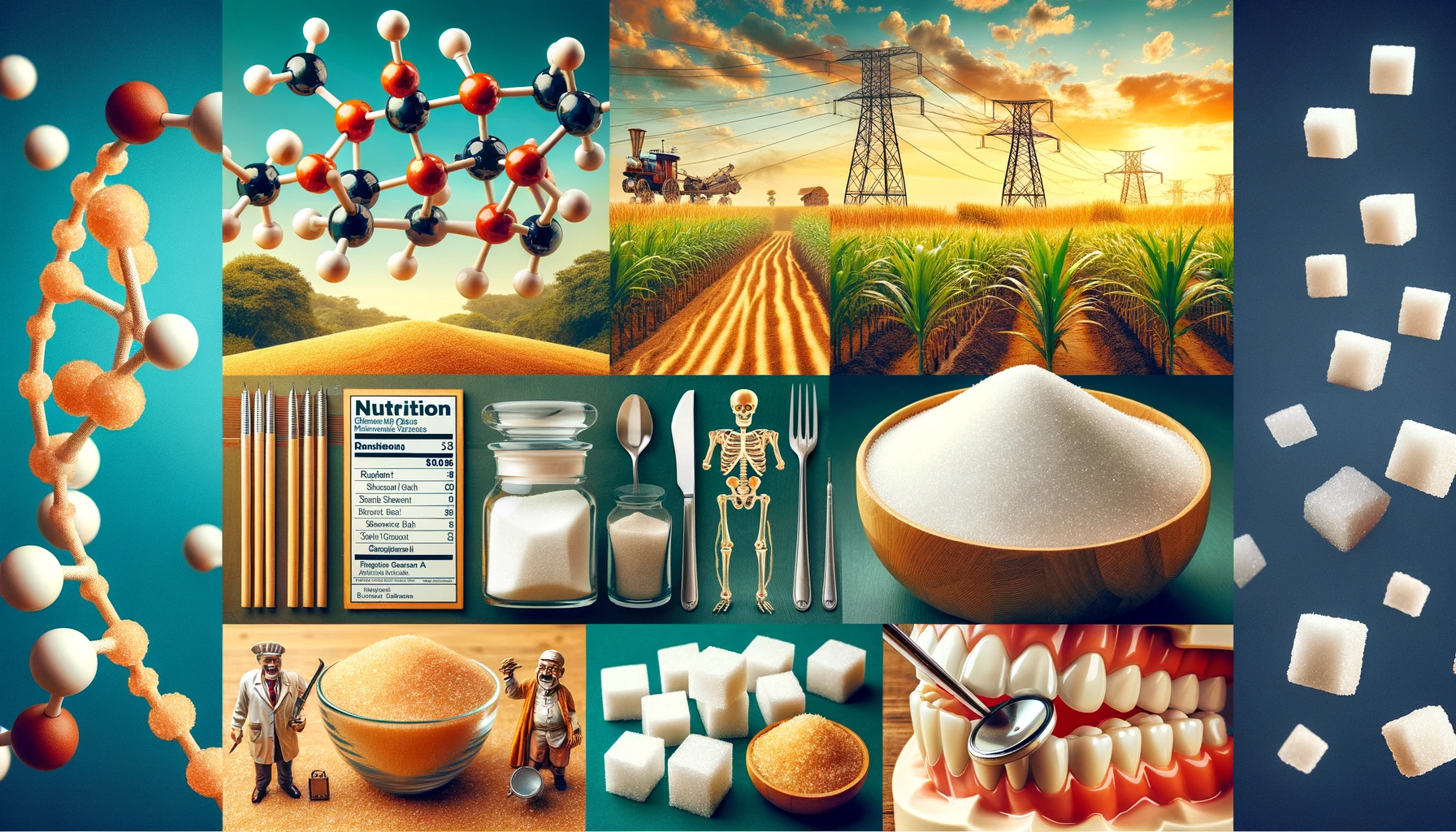Understanding the Types of Sugar in Beverages
1. Sucrose: The Common Culprit
Sucrose, also known as table sugar, is the most prevalent form of sugar used in beverages. It’s composed of glucose and fructose and is derived from sugarcane or sugar beets. Sucrose provides sweetness to drinks but can lead to various health issues when consumed in excess.
2. High-Fructose Corn Syrup (HFCS)
High-fructose corn syrup is a widely used sweetener in the beverage industry. It’s manufactured from corn starch and contains a higher proportion of fructose than sucrose. HFCS is associated with concerns regarding obesity and metabolic health.
3. Artificial Sweeteners
Some beverages are sweetened with artificial sweeteners like aspartame, saccharin, or sucralose. While these provide sweetness without the calories of sugar, they come with their own set of controversies and health concerns.
4. Natural Sugars
Fruit juices and some smoothies contain natural sugars from the fruits themselves. Although these sugars are less refined, they can still contribute to high sugar intake when consumed excessively.
Health Risks of Excessive Sugar Consumption
1. Weight Gain and Obesity
The link between sugary beverages and weight gain is well-established. These drinks are high in calories and can lead to overconsumption without providing a feeling of fullness, contributing to obesity.
2. Increased Risk of Type 2 Diabetes
Excessive sugar intake, especially from high-fructose sources like HFCS, is associated with an increased risk of developing type 2 diabetes. It can lead to insulin resistance and impaired glucose metabolism.
3. Dental Problems
Sugary beverages are a leading cause of tooth decay and cavities. The bacteria in your mouth thrive on sugar, producing acid that erodes tooth enamel.
4. Heart Disease
Consuming too much sugar can raise triglyceride levels, increase blood pressure, and promote inflammation – all risk factors for heart disease.
5. Fatty Liver Disease
High sugar intake, particularly fructose, can contribute to non-alcoholic fatty liver disease (NAFLD), a condition that affects the liver’s ability to function properly.
6. Increased Risk of Gout
Drinking sugary beverages, especially those high in fructose, has been linked to a higher risk of developing gout, a painful joint condition.
7. Mental Health Implications
There is emerging evidence that excessive sugar consumption may have adverse effects on mental health, potentially increasing the risk of depression and other mood disorders.
Making Informed Choices
1. Read Labels
When shopping for beverages, carefully read labels to check for sugar content. Be wary of terms like “natural sweeteners” and “fruit juice concentrate,” as they can still mean high sugar content.
2. Opt for Water or Unsweetened Beverages
Choosing water or unsweetened alternatives like herbal tea, sparkling water, or plain milk can significantly reduce your sugar intake.
3. Limit Consumption
If you do indulge in sugary beverages, do so in moderation. Consider smaller portion sizes and save them for special occasions.
4. Homemade Alternatives
Create your own flavored beverages at home using fresh fruits and herbs. This way, you can control the sugar content and enjoy a healthier option.
Conclusion:
Sugar in beverages can be a hidden health risk, but awareness and informed choices can help mitigate these dangers. By understanding the types of sugar used in drinks and the potential health risks associated with excessive consumption, you can make healthier choices and protect your well-being. Remember, moderation and knowledge are key to enjoying beverages without compromising your health.
